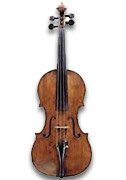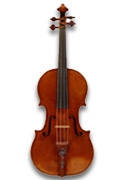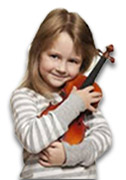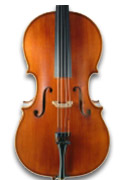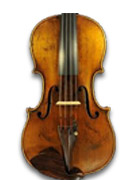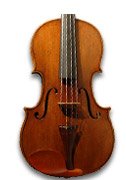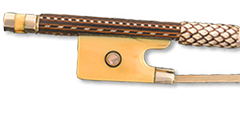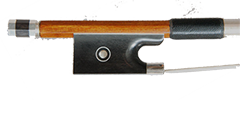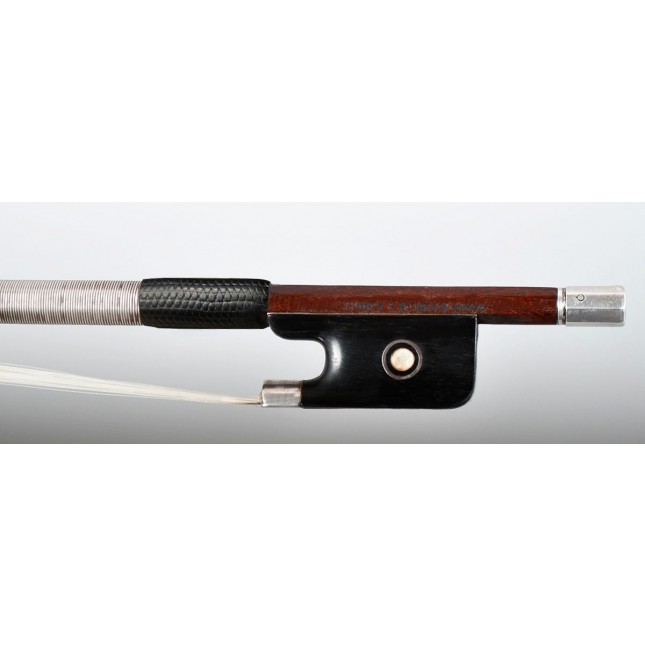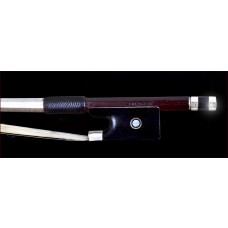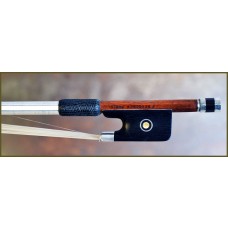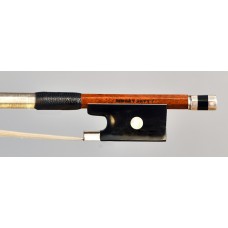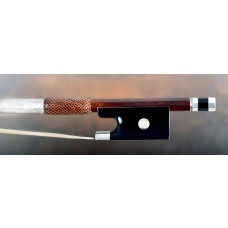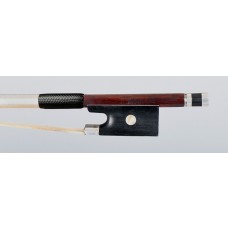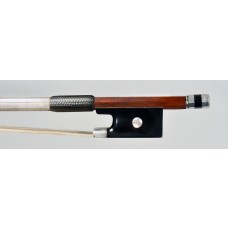Details
VictorFétique製作的美麗的法國銀色小提琴弓,由巴黎的J.F. Raffin認證。
這是一個非常美麗和偉大的小提琴弓,保存狀態良好。
它是在1925年製造的。
棒由優質紅棕色pernambuco製成,圓形,
強大的平衡和處理。
一個漂亮的製作棒,優雅的形狀的頭部,一個平衡性很好,右手感覺良好的蝴蝶結。
青蛙由最好的烏木製成 - 帶有銀色部分。
該按鈕處於原始樣式但後期。
棒的總長約73.1厘米(4/4尺寸),弓的重量約為60克。 (完善!)
弓是直的,曲線很好。
這款VictorFrançoisFétique小提琴弓已準備好發揮作用,採用全新的纏繞和獨特的皮革抓地力。
真正的收藏家和玩家鞠躬!
Victor François Fétique (Mirecourt 1872 – 1933) was a prominent French archetier (bowmaker) from a family of bowmakers.
Victor, son of Charles-Claude Fétique a violin maker. He learned his craft in Mirecourt with J. B. Husson, Sigisbert Fourrier Maline and Émile Miquel.[Later he went on to work for Charles Nicolas Bazin II, before joining Caressa et Français in 1901. He established his own shop in 1913 at 72 rue Myrha in Paris (8th arrondissement).[5] Other than his son, Marcel Gaston Fétique, and his brother Jules Fétique, Claude Thomassin, Auguste Toussain, Claude Rémy, Louis Morizot, Paul Weidhaas and Andre Richaume worked for him. Andre Vigneron (fils) was also known to have made bows for Victor Fetique.
Signed his bows "Vtor Fétique." His bows are patterned after those of François Nicolas Voirin, though less distinct.
Victor Fétique and his workshop made bows for numerous other music houses, including: Collin-Mezin, Granier à Marseille, Caressa & Francais, Chanot & Chardon, J.B.L. Corolla (stamped Nadegini), Paul Jombar, Maucotel & Dechamp, Lucien Schmitt, and Alfred Vidoudez in Geneva.
He was awarded for his personal production the title Meilleur Ouvrier de France (1st Craftsman of France).
"Victor's best bows can be superb playing tools. Some examples which are mounted in G/T, are quite stunning."Gennady Filimonov
"Victor Fetique was capable of producing some very good bows, but the attention of his atelier seemed to focus on quantity, and thus the output is frequently of a more commercial quality." Stefan Hersh
"It is difficult to define the style of a craftsman who worked for such a short time. As already told, his productions consists mainly of two parts. His personal one is influenced by the two schools who shaped him. In his first period he is influenced by his Maestro Charles Nicolas Bazin, later on he will get closer to the Parisian taste of that time: Sartory-Lamy. After the start of his health problems, also the bow quality is affected and has a sharp decrease. Those one made for him, follow his own stylistic shapes but not everybody has the same gifted hands and, as mentioned, the results are not always up to the expectations. In the last period, thanks to the closeness with his nephew Andre Richaume, excellent craftsman who will won an award as best "Ouvriers de France", his quality improves. Andrè builds for his uncle beautiful bows, many mounted in tortoise and gold and he devotes his last years of his life to smooth the way for his descendant." [11] Paolo Sarri (translated from Italian)
"Fetique, Victor: Very hard bows. Firm. Dense sound especially when dense wood used. Some (maybe a minority) poor examples from workshop stamped with his name. These can be short grained, for example. Very tense. Like a German bow but far far warmer in sound. Limited flexibility. Detache works well, however. Fascinating bows; probably the hardest French bow to have been made. 'from Wikipedia).
Biography of Victor Fetique - John Dilworth
FÉTIQUE, Victor François Born 1872 Mirecourt, died 1933 Paris France. Bow maker. Son of Charles Claude Fétique. One of the great makers of the classical French tradition. Apprenticed to C. C. Husson, later with S. F. Maline, É. Miquel, and finally C. N. Bazin. Moved to Paris 1901, to work for Caressa & Français, where he was influenced by his fellow employee C. Thomassin. Established independently at 72 rue Myhra 1913. Later assisted there by his brother Jules, above, his nephew A. Richaume, and various Mirecourt outworkers, including A. Toussain, C. Remi, and L. Morizot, whose work was corrected and branded by Fétique. Title of ‘Greatest archetier in France’ conferred on him at the Paris Ex.







